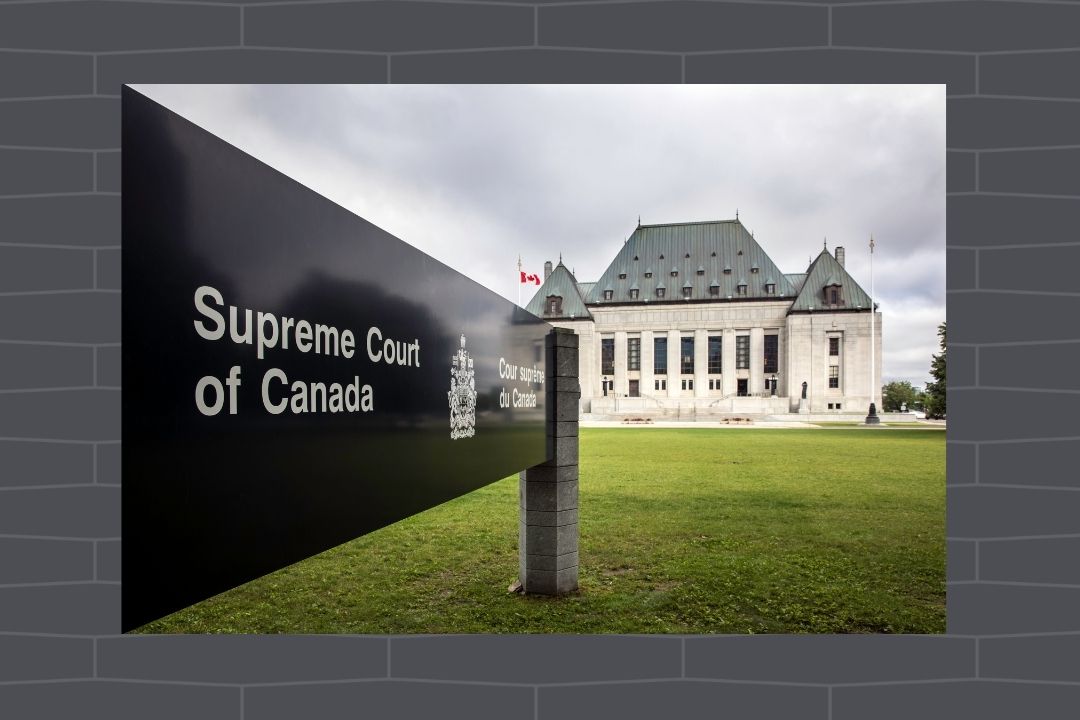
Fehr cited in Supreme Court decision on mandatory minimum sentences for child pornography
The court's decision was released on October 31, 2025.
University of Saskatchewan Law Professor Colton Fehr was cited in the Supreme Court of Canada decision finding that the one-year mandatory minimum jail sentence for accessing or possessing child pornography is unconstitutional.
Specifically, the court ruled on Oct. 31, 2025 that the sentence violates section 12 of the Charter, which protects citizens from cruel and unusual punishment by the state.
In writing the court’s majority decision, Justice Mary Moreau stated that “a minimum sentence may violate section 12 of the Charter when it leads to grossly disproportionate punishment, whether for the accused person concerned or for an offender in a reasonably foreseeable scenario.” (SCC Case in Brief)
Fehr was cited as Justice Moreau analyzed the court’s use of reasonable hypothetical scenarios when challenging the constitutionality of a minimum sentence. The Court reiterated their reliance on an earlier article of Professor Fehr’s that they used to help justify the use of reasonably foreseeable circumstances when constitutionally challenging minimum sentence laws (see Colton Fehr, “Tying Down the Tracks: Severity, Method, and the Text of Section 12 of the Charter” (2021) 25 Canadian Criminal Law Review 235).
On the other hand, the narrow dissenting judgment – written by Chief Justice Wagner and Justice Cote – also relied upon Professor Fehr’s work. In contemplating the appropriate role for reasonably foreseeable scenarios, they endorsed the starting principle that Professor Fehr has defended when interpreting section 12 of the Charter. As the Justices observed, “Professor C. Fehr rightly points out that it would be imprudent to ‘ignor[e] the middle‑ground struck by the use of reasonable hypothetical scenarios in challenging mandatory minimum sentencing laws’ (“Over the Hills: Section 12 of the Charter at 40” (2024), 102 Can. Bar Rev. 393, at p. 414). ‘At the heart of that balance’, he explains, ‘are two considerations: the need to protect citizens from grossly disproportionate treatments/punishments and affording Parliament sufficient constitutional space to influence the law of sentencing’ (ibid.). It is therefore crucial that these limits be applied carefully to preserve that ‘middle‑ground’ and ‘that balance’ referred to by Professor Fehr.”
Professor Fehr is delighted to see the Supreme Court engage with his work and hopes to see similar engagement when his book on section 12 of the Charter is released next year. The book is entitled Cruel and Unusual: Section 12 of the Canadian Charter of Rights and Freedoms (U of T Press).
